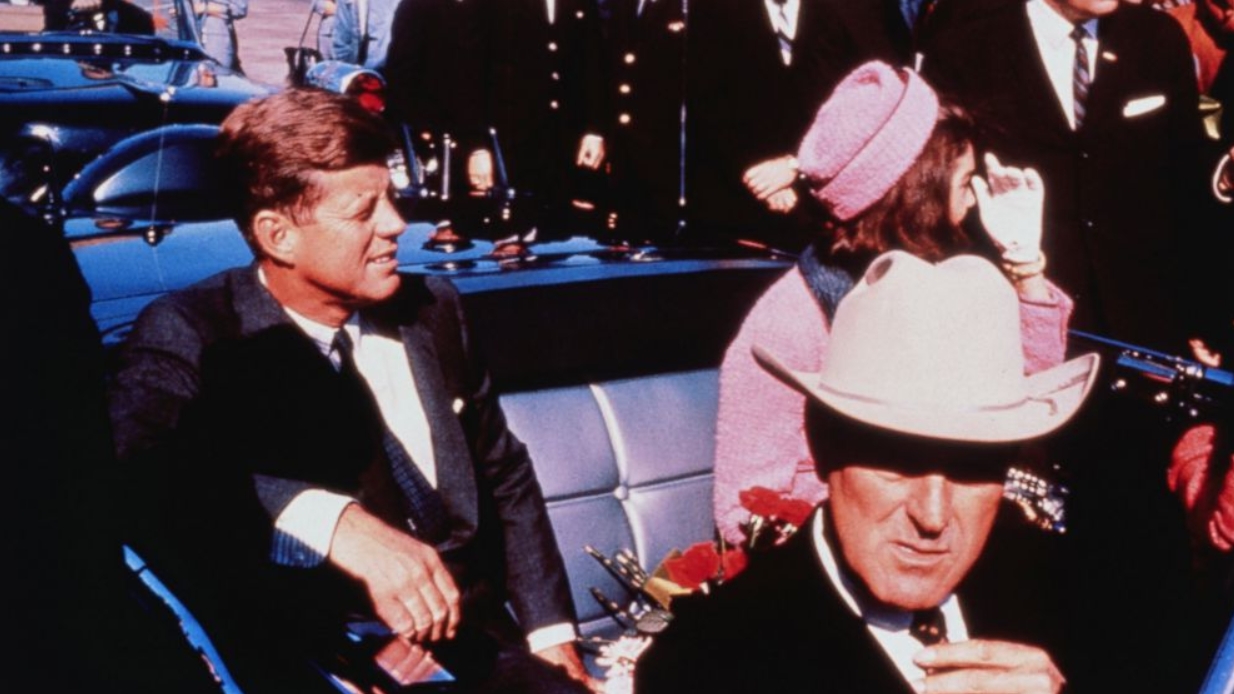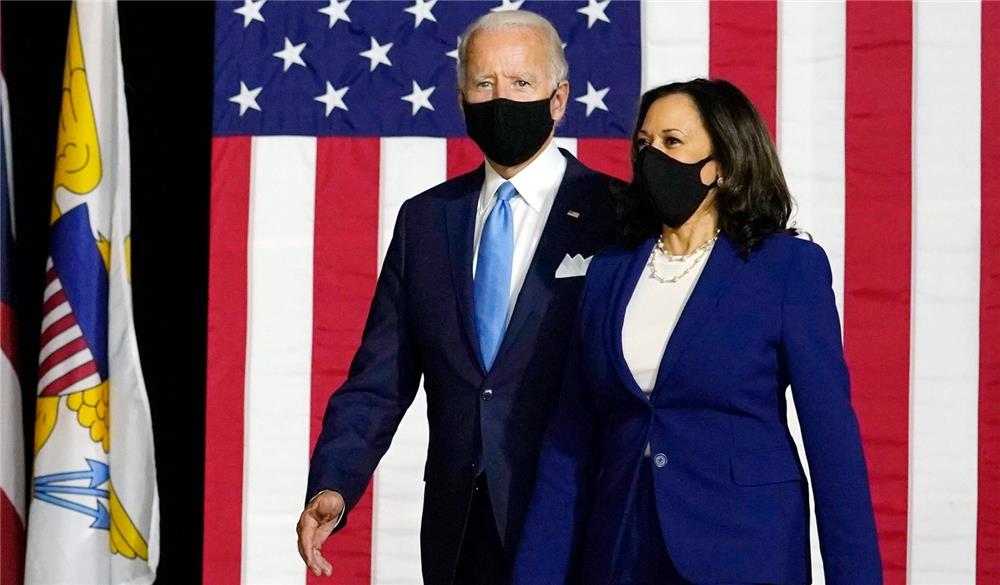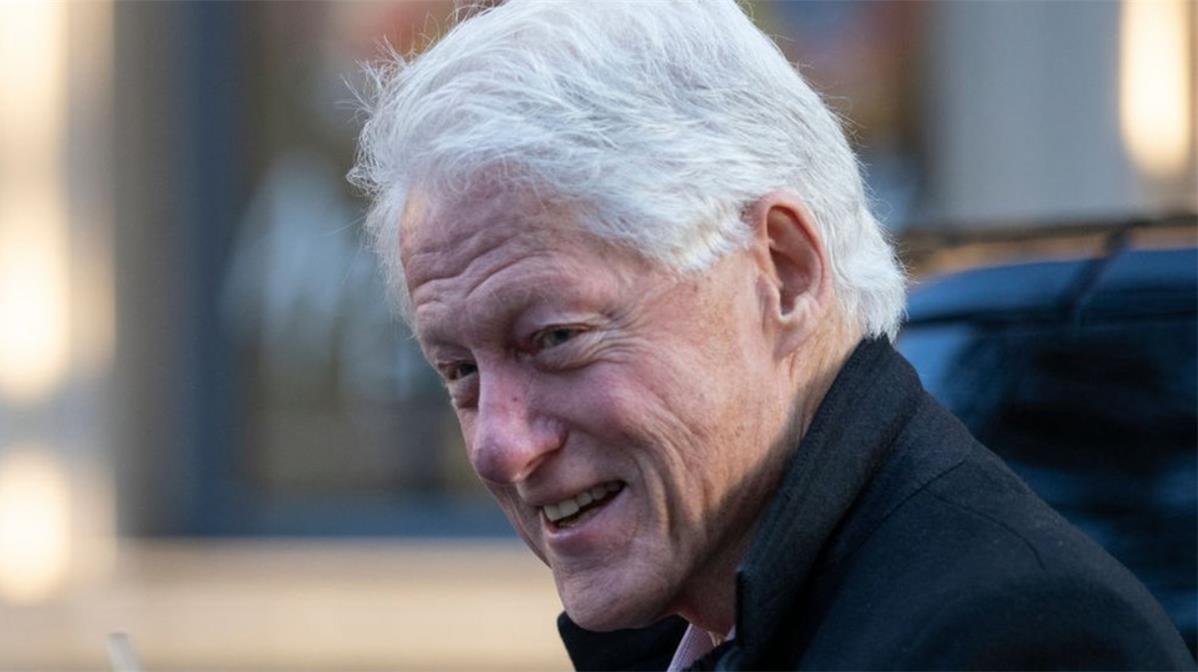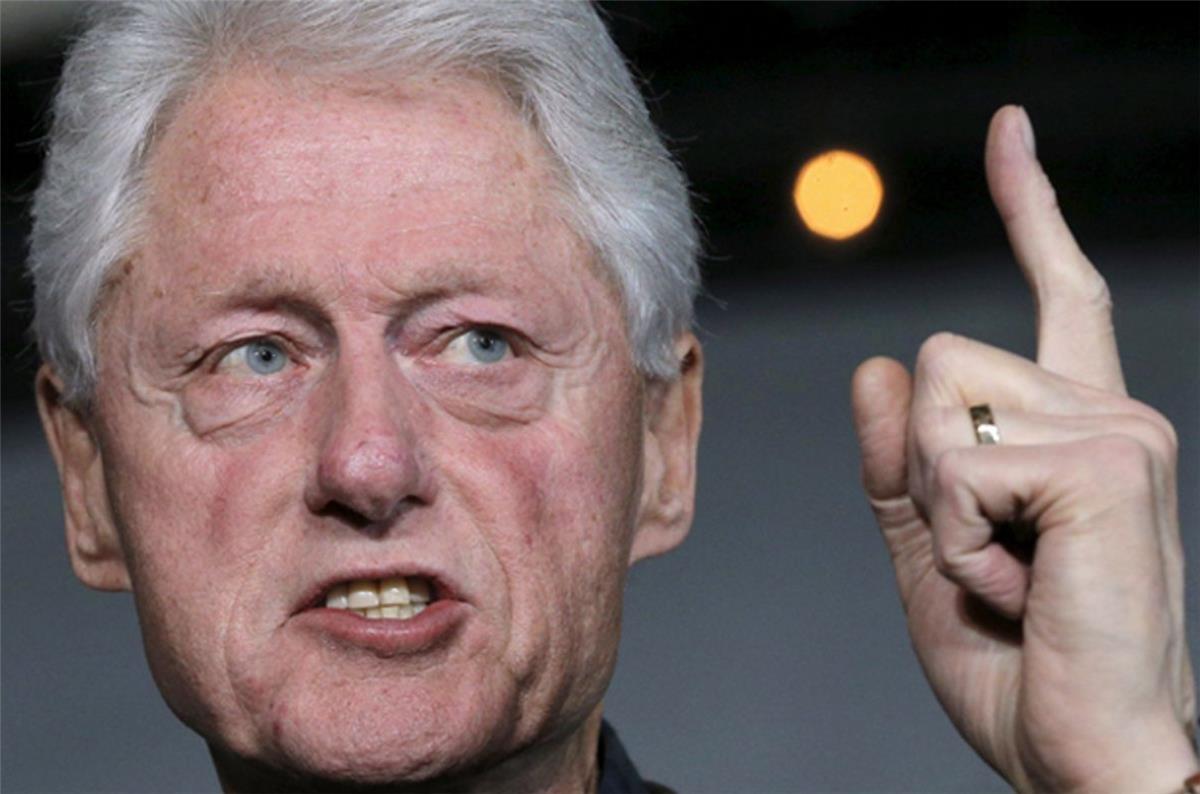Biden and National Archives sued over JFK assassination records

The lawsuit, filed Wednesday in federal court in San Francisco, claims that the government is acting “contrary to law” by failing to redact documents and publish them by the required deadlines, “depriving plaintiff, scholars, and historians of access to assassination files that have been ordered by law to be made available since 2017.” Kennedy was shot and killed while riding through Dallas, Texas as a president in the most famous and discussed political assassination to take place in the 20th century. The 5 Nov. 1963 shooting was committed while the motorcade was driving around the city.
In 1977, former U.S. Marine Lee Harvey Oswald was declared responsible for the shooting by the Warren Commission, but the circumstances of JFK’s death led to various conspiracy theories and speculations from writers, film directors, academics and the general public. The assassination records collection act, which was adopted in 1992, was designed to ease the publication of all unreleased records because of the rising interest in JFK’s assassination, and the speculation of a government cover-up. The John F. Kennedy assassination records collection act was signed into law by former president George H.W. Bush in 1992 and set the deadline for the publication of all unreleased documents for October 2017.
The Trump administration released 2800 previously unreleased files in April 2018, and withheld over 3,000 others claiming the information could put national security at risk and the documents needed more time for review. In an October 2021 memo, Biden announced another deferral and set a new deadline for the publication of all records on December 15th. The White House claims the pandemic prevented the national archivist from concluding their review as planned and that the work would take longer than expected. Biden cited security reasons as a basis for his support for the archivist’s request for a postponement.
The national archive and records administration has not published all of the JFK assassination documents by the set date or its deferrals and withheld them under the premise of protecting security. The national archive and records administration is still reviewing the documents and has promised to release them in December 2022. “Temporary additional postponement is necessary to protect against identifiable harm to the military defense capabilities, intelligence operations, law enforcement investigations or the conduct of foreign relations that is of such gravity that it outweighs the public interest in immediate disclosure”, writes Biden in the memo in October 2021, regarding a part of the JFK assassination records collection act, which allows additional postponement when such reasons are proven and a “clear and convincing evidence” for the deferral is given. The clear and convincing evidence has to show the “identifiable harm” that could be brought upon the country by a potential release. The evidence must also show the harm is of “such gravity that it outweighs the public interest in immediate disclosure”.
The Mary Ferrell Foundation still claims that the Biden administration and the national archive and records administration violated the JFK assassination records collection act by missing the set deadline and its deferrals. “These failures have resulted in confusion, gaps in the records, overclassification, and an outright denial of thousands of assassination related files, five years after the deadline for full disclosure set by the law in 1992”, the organization said in a statement.
Wednesday’s lawsuit requests a court to issue an order that either forces the release of information by the government or to carry out a thorough review using specific guidelines laid out in the JFK assassination records collection act. The lawsuit claimed that the federal agencies have failed to provide the clear and convincing evidence required by the 1992 assassination records collection act for a potential deferral of publication. “In explaining the JFK Act’s stringent declassification standard, Congress said, when an agency presented evidence of identifiable harm that would have resulted from disclosure of the withheld information, the identifiable harm had to consist of more than speculation and conjecture, the records could not be postponed merely because of some conceivable or speculative harm to national security”, reads the lawsuit and continues: “Rather, in a democracy the demonstrable harm from disclosure must be weighed against the demonstrable benefits of release of the information to the public”.
The lawsuit also claims that parts of the already redacted documents were “significant and unwarranted” and named records regarding Lee Harvey Oswald, Fidel Castro, the Bay of Pigs, CIA and DOD, the CIA’s domestic contacts, the assassination of the Mexican ambassador to the U.S., and other topics. The lawsuit also claims that many records are missing or are still outstanding and lists the CIA, DOD, and the FBI as agencies which have outstanding records and failed to respond to the records board of the assassination before the national archive took over responsibility. The records board has requested the records.
A spokesperson for the CIA responded to the lawsuit in a statement to CBS News, stating, “The CIA continues to engage in the established process to determine the appropriate next steps with respect to any previously-unreleased CIA information in the JFK Act collection, in accordance with the JFK Act and President Biden’s October 2021 memorandum”.
 Famous Persons
Famous Persons English
English
 Jerry
Jerry Facebook
Facebook Twitter
Twitter Pinterest
Pinterest Linkin
Linkin Email
Email Copy Link
Copy Link










